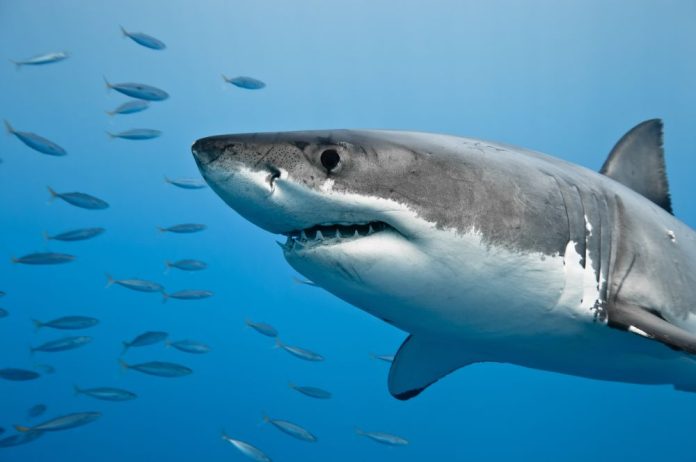Sharks are mammals, right? In this fascinating article, you will learn the truth about sharks and their classification. Learn about their biology, behavior, and fascinating facts. Discover the mysteries of these amazing creatures as we embark on a deep-sea expedition.
Table of Contents
What is a Shark?
The shark is a magnificent creature that inhabits the vast and mysterious world of the oceans. It has been centuries since humans first became fascinated with these fascinating marine animals. Chondrichthyes, which include cartilaginous fish, are a diverse group of animals that include sharks.
The Fascinating World of Sharks:
There are many types of sharks in the ocean, and they have been roaming the seas for over 450 million years. Various shapes and sizes of sharks can be found, including the massive whale shark and the sleek and agile great white shark.
Sharks have cartilaginous skeletons, streamlined bodies, and rows of sharp teeth, making them well-suited for life in the water. What is their status as mammals? It’s time to find out!
Are Sharks Mammals?
Sharks are not mammals, as is commonly believed. Their classification is Chondrichthyes, a group of fish that includes cartilaginous species.
Sharks indeed share some characteristics with mammals, such as the ability to give birth to live young, but they also have significant differences that distinguish them from mammals. Taking a closer look at sharks, we can better understand how they differ from other animals.
Distinctive Features of Sharks:
It is important to note that sharks differ from mammals in several ways:
1. Skeletal Structure:
Skeletons of sharks are made of cartilage, as opposed to those of mammals with bony skeletons. Providing flexibility and reducing the shark’s overall weight, this cartilaginous structure allows for greater agility in the water.
2. Reproduction:
The reproductive strategy of sharks differs from that of some mammals, who give birth to live young. As a rule, sharks are ovoviviparous, which means that they produce eggs that hatch internally, resulting in fully developed pups.
3. Respiration:
Sharks breathe through gills, which extract oxygen from the water passing over their slits. Mammals, on the other hand, rely on their lungs to breathe.
4. Body Temperature Regulation:
The body temperature of sharks fluctuates with their surroundings, unlike that of mammals, which maintain a constant temperature.
5. Milk Production:
Sharks lack mammary glands and therefore cannot produce milk, which is why mammals produce milk to nourish their offspring.
After establishing that sharks are not mammals, let’s take a closer look at some of the most frequently asked questions about sharks.
Must Read: Tiger vs Lion Difference Between Tiger and Lion
FAQs:
1. Do sharks lay eggs?
Some shark species lay eggs, while others give birth to live young. There are a variety of methods by which sharks reproduce.
2. How many species of sharks are there?
Sharks come in more than 500 different species, each with its unique characteristics and adaptations.
3. Are sharks dangerous to humans?
The majority of shark species do not pose a threat to humans, although some shark species may be dangerous. Almost all shark attacks on humans are the result of mistaken identity or territorial behavior on the part of the shark.
4. What do sharks eat?
The shark is an apex predator and consumes a variety of food sources. Depending on the species, they may consume smaller fish and crustaceans or larger marine mammals such as seals and sea lions.
5. Can sharks sense their prey from miles away?
There is no doubt that sharks possess an acute sense of smell that enables them to detect prey from a considerable distance. Blood can even be detected from miles away by these animals.
6. How long do sharks live?
Sharks have varying lifespans depending on their species. Sharks have varying lifespans, with some living for decades and others living for just a few years. It was estimated that a Greenland shark was over 400 years old when it was recorded as the oldest shark in history.
Conclusion
Sharks have fascinated humans for centuries due to their captivating nature. Even though they possess some reproductive characteristics of mammals, sharks do not constitute mammals in their own right.
They are distinguished from mammals by their unique skeletal structure, reproductive strategy, respiratory method, body temperature regulation, and absence of milk production. As a result, we can better appreciate sharks’ remarkable adaptations and the vital role they play in maintaining the balance of marine ecosystems by understanding these distinctions.



